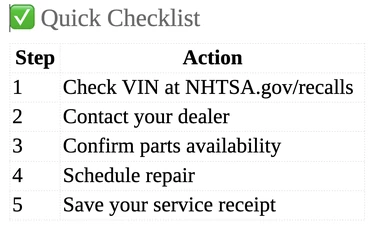How new research shows even tech-savvy families are falling for AI-powered online traps
-
Even cautious parents are getting caught in AI-powered , with 80% of those who monitor their kids devices reporting a cybersecurity incident.
-
Experts say digital safety starts at home, as children often mimic their parents online habits including risky ones like password reuse or oversharing.
-
Simple, consistent actions make a big difference, from using password managers and two-factor authentication to keeping open, ongoing conversations about online safety.
From online gaming to social media, kids today are growing up in a digital world thats more connected and more dangerous than ever.
A new Bitwarden survey reveals that even as parents step up their online monitoring, most still arent winning the cybersecurity battle. Nearly 80% of parents who keep tabs on their kids devices have experienced a security incident themselves, and many are learning the hard way that AI-driven can outsmart traditional safety tools.
ConsumerAffairs spoke with Michael Crandell, CEO of Bitwarden, to unpack how the rise of AI is reshaping online threats and what families can do to better protect their childrens privacy, data, and peace of mind.
Understanding parents digital habits
Crandell explained that parents digital habits create the initial model their children see, and establish the baseline for how their children approach security online. Parents relationships with their devices and how they interact online can then shape their kids online safety.
When parents reuse passwords, click on suspicious links, or share personal information too freely, those behaviors quickly become the norm at home, Crandall explained. As generative AI makes phishing and harder to detect, parents play a crucial role in shaping safe online behavior by modeling secure habits such as using strong and unique passwords, enabling multifactor authentication (MFA), and being mindful about what they share.
Prioritizing online safety
Online safety should be parents north star. According to Crandell, awareness, consistency, and education are key for parents who want to keep their kids safe online.
Parents should begin by protecting their own accounts through secure habits like using a password manager, enabling two-factor authentication, and staying alert to phishing attempts, she said.
Once that foundation is in place, parents can engage in credible, ongoing conversations with their children about using the internet safely and responsibly. These discussions are critical as AI-enhanced become more convincing. Leading by example through secure account management, cautious sharing, and regular dialogue helps build lasting digital safety habits for the entire family.
Keeping kids safe
The findings from the recent Bitwarden survey found that nearly four in 10 Gen Z parents (37%) give their children full autonomy or only light monitoring of device use, even as concerns about online threats rise.
With that in mind, Crandell shared some of the consistent, practical steps to protect their children online:
-
Set boundaries and enable protections: Regularly review how and when children use the internet, and provide age-appropriate security tools such as parental controls, privacy settings, and password managers.
-
Teach digital fundamentals: Help kids understand what personal information should stay private, how to recognize secure websites, and why they should never share passwords or engage with unknown links, requests, or AI chatbots. The goal is to build confidence and awareness, not fear or restriction.
-
Encourage open communication: Make sure children know they can safely come to a parent or trusted adult if something online feels off, whether thats a suspicious message, link, or request for information. In fact, double-checking an unusual online request through a separate channel including direct communication is the most accessible way to thwart impersonation schemes.
Families today face new challenges (AI-driven , increased device access among young children), but the fundamentals remain the same: awareness, consistency, and safe online habits make all the difference, Crandell said.
Posted: 2025-10-22 18:08:30





















